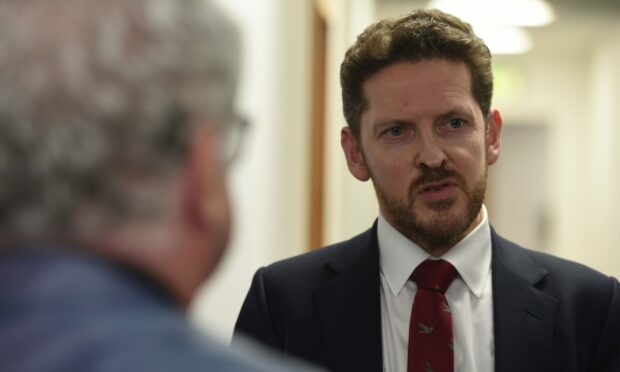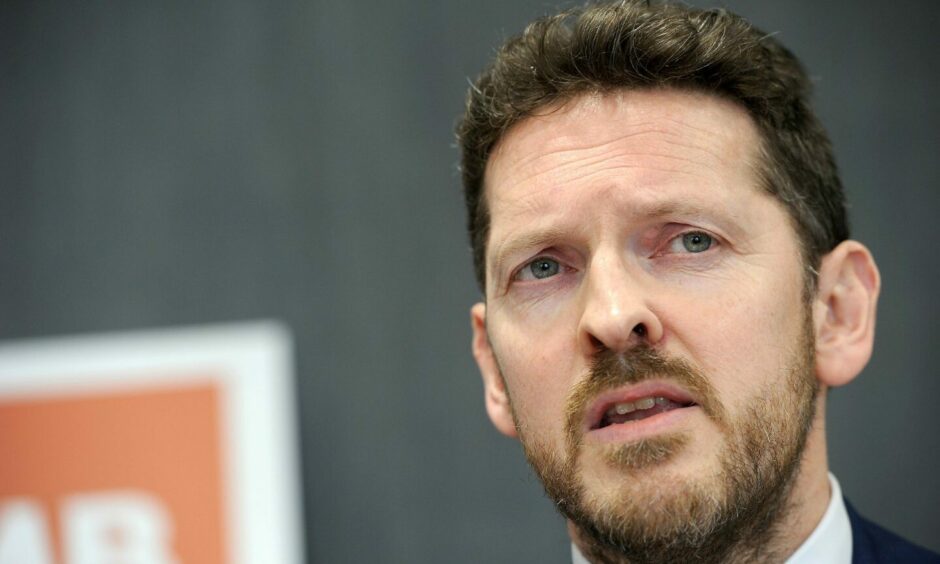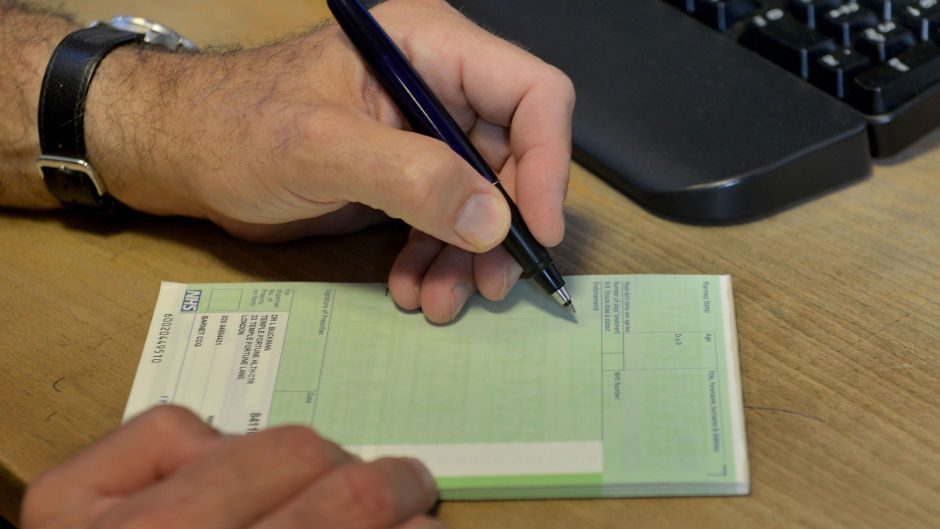The chairman of the British Medical Association (BMA) has warned that NHS is hemorrhaging crucial staff.
Dr Iain Kennedy said high vacancy rates and burnout among staff meant the NHS was “spiralling out of control”.
The Inverness-based Scottish chairman said that in his 30-year career he can not remember things being so bad in the NHS.
He said in some areas there is a 14% job vacancy rate, and this is having an impact on remaining staff.
National conversation
Dr Kennedy was at the forefront of exposing bullying in NHS Highland.
He is urging the government to take action in “valuing staff”, and calling for a national conversation on the recruitment of staff.
Dr Kennedy told BBC Scotland’s Good Morning Scotland programme he had seen personal testimonies from almost 200 doctors in recent weeks and said they made for “grim reading”.
He said: “We are seeing a very stressed workforce. Doctors and other healthcare workers are dreading going into work.”
“They are firefighting all day and the workforce is already depleted – that is causing other doctors and healthcare workers to go off sick.
“My members are telling me that burnout and exhaustion are behind a lot of the absences.
“Things are spiralling out of control and we need a laser focus on supporting the current workforce, largely around pay, pensions and working conditions.”
Dr Kennedy said the public understood how bad the situation was, because many were on waiting lists or had relatives not getting the care they needed.
The Inverness GP said the NHS was “hemorrhaging staff” and problems in social care were having a big impact throughout the system, including at GP surgeries.
A scheme giving trainee GPs £20,000 for moving north to work is attracting dozens of doctors a year – but there are concerns it doesn’t go far enough.
The Scottish Targeted Enhanced Recruitment Scheme (Ters) was introduced to encourage doctors to move to remote areas where hiring has proven difficult.
Difficulties facing staff
A Scottish government spokeswoman said: “The situation we find ourselves in is the result of pandemic backlogs, Brexit-related staff shortages and increases in winter viruses such as flu, which has seen recent a significant rise in the last few weeks – making this winter the most challenging the NHS has ever faced.
“We know the difficulties staff are facing and want to repeat our thanks to all those working across all health and social care services this winter to make sure people receive the care they need.”
The Scottish government said Scotland had record numbers of NHS staff and more were being recruited as part of a £600 million winter resilience plan.
Scottish Government said it had three multi-million schemes in place to recruit staff.
Poor pay causing junior doctors to leave
Meanwhile, four in ten junior doctors, 40%, are actively planning to leave the NHS as soon as they can find another job, a survey from the BMA has revealed.
In the survey, released as part of the BMA chairman of council Professor Phil Banfield’s New Year’s message, poor pay and working conditions were among the top reasons for junior doctors wanting to leave.
Many of those doctors wanting to quit the NHS plan to work as doctors abroad. According to the survey, a third of junior doctors are planning to work as doctors in another country in the next twelve months, with Australia being the top choice of destination.
The BMA said junior doctors have faced some of the steepest cuts to their pay of any public sector worker over the last fifteen years, with their pay falling by more than a quarter in real terms since 2008/09.
Faced with a cost of living crisis at home, a recent survey by the BMA found that junior doctors are cutting back on buying food and heating their homes to help make ends meet.
Dr Vivek Trivedi, co-chairman of the BMA junior doctors committee, said: “These figures are hugely concerning.
“If our government doesn’t act now, it doesn’t take a genius to see where this will lead: an exodus of junior doctors to foreign countries, with the ones who stay in the NHS facing an ever-increasing workload – until they feel they have no option but to leave too or get burnt out.
“If the government wants ‘move to Australia’ to stay off the New Year’s resolution lists of junior doctors this year, it is going to have to start by reversing the 26% real terms pay cut they have endured since 2008 – or at the very least start speaking with us and stop ignoring our repeated calls to address our pay.”



Conversation